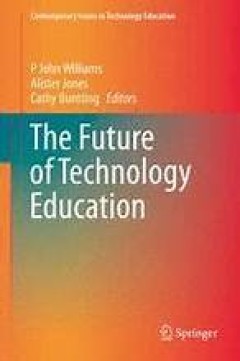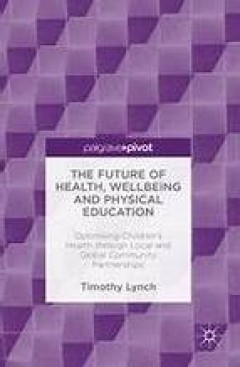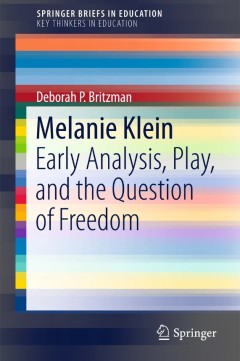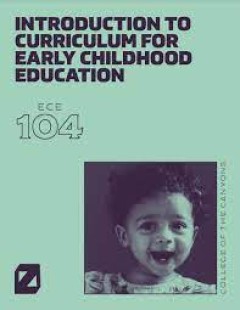Filter by

The Future of Technology Education
Twenty-five years ago there was increasing optimism in policy, curriculum and research about the contribution that technology education might make to increased technological literacy in schools and the wider population. That optimism continues, although the status of technology as a learning area remains fragile in many places. This edited book is offered as a platform from which to continue…
- Edition
- 1
- ISBN/ISSN
- 978-981-287-170-1
- Collation
- XII, 281, 7 b/w illustrations, 4 illustrations in colour
- Series Title
- Contemporary Issues in Technology Education
- Call Number
- -

The Future of Health, Wellbeing and Physical Education
This book uses the example of a partnership journey between universities, schools, the local health industry as well as a number of government organisations which worked to ensure the growth of physical education in primary education. The initiative employed the United Nations (UN) ideals as a model and contextualised them within local schools and communities. What began as a pathway seed quick…
- Edition
- 1
- ISBN/ISSN
- 978-3-319-31667-3
- Collation
- XI, 174, 3 b/w illustrations, 3 illustrations in colour
- Series Title
- -
- Call Number
- -

Melanie Klein
This volume introduces the psychoanalyst Melanie Klein to the general field of education and traces her theories of mental life as an emotional situation, through to problems of self/other relations in our own time. The case is made for Klein’s relevance and the difficulties her theories pose to the activities of learning and pedagogical relation. Klein’s vocabulary—the paranoid/schizoid…
- Edition
- 1
- ISBN/ISSN
- 978-3-319-26083-9
- Collation
- VI, 112
- Series Title
- SpringerBriefs in Education
- Call Number
- -

Introduction to Curriculum for Early Childhood Education : An Open Educationa…
In the early twentieth century, scientists and theorists—such as Jean Piaget and Lev Vygotsky— developed widely studied theories to explain how young children acquire knowledge. Scientists have continued to study children’s ways of knowing by care- fully observing and listening as children pursue new skills, explore materials, solve problems, work together with others, and encounter e…
- Edition
- -
- ISBN/ISSN
- -
- Collation
- -
- Series Title
- -
- Call Number
- 372 PAR i
 Computer Science, Information & General Works
Computer Science, Information & General Works  Philosophy & Psychology
Philosophy & Psychology  Religion
Religion  Social Sciences
Social Sciences  Language
Language  Pure Science
Pure Science  Applied Sciences
Applied Sciences  Art & Recreation
Art & Recreation  Literature
Literature  History & Geography
History & Geography